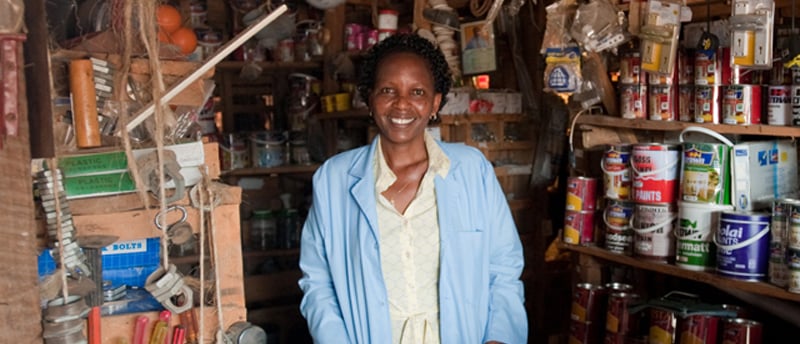How to Succeed in Kenya’s Competitive Hardware Industry
Many entrepreneurs venture into the hardware business, but a significant number struggle to keep their shops open beyond two years due to losses and cash flow challenges. However, some businesses thrive and dominate the market despite tough competition. What sets them apart? If you're planning to start a hardware store, you need more than just capital. Understanding key industry strategies will help you build a sustainable business. Here’s what you should know:
Idea Pitch
3/23/20253 min read


Many entrepreneurs venture into the hardware business, but a significant number struggle to keep their shops open beyond two years due to losses and cash flow challenges.
However, some businesses thrive and dominate the market despite tough competition. What sets them apart?
If you're planning to start a hardware store, you need more than just capital. Understanding key industry strategies will help you build a sustainable business. Here’s what you should know:
1. Understand Your Market
Before investing in a hardware store, take time to research the market. Here are key questions you need answers to:
Where is the best location for a hardware business?
How many competitors exist in the area?
What budget do you need to penetrate the market?
What weaknesses do your competitors have, and how can you capitalize on them?
What is the projected demand for hardware products based on market trends?
A proper market analysis will help you identify opportunities and avoid costly mistakes.
2. Choose the Right Location
Your store’s success depends on where you set it up. The best location is in an area with active construction projects and a growing population.
Look for developing towns and upcoming residential areas. If you're in Nairobi, areas like Kangundo Road, Eastern Bypass, and Magadi Road have great potential.
Also, ensure your target market has a strong purchasing power. Your ideal customers should be able to spend at least Ksh.20,000 per month.
3. Stay Ahead of Competition
The hardware industry has low entry barriers, making competition stiff. To stand out:
Offer competitive pricing on high-demand items like cement and steel bars.
Allow customers to place orders via phone and provide site deliveries.
Stock a wide variety of products to become a one-stop shop for construction needs.
Building strong relationships with customers will give you an edge over competitors.
4. Stock Fast-Moving Products
Hardware businesses require significant capital, so it's wise to invest in products that sell quickly. These include:
Cement
Steel bars and rods
Nails
White cement
Door hinges
Roofing nails
Flooring tiles
Welding rods
Plumbing materials
While cement and steel bars move fast, their profit margins are low. Use them as bait to attract customers while maximizing profits on other products.
5. Effective Marketing Strategies
Don’t just sit in your shop waiting for customers. Get the word out and build a strong customer base.
Hire a salesperson to scout new construction sites and introduce your business to foremen and site owners.
Offer discounts on cement and steel bars to attract customers, then upsell other products.
Leverage social media and WhatsApp groups to promote your products and engage potential clients.
6. Manage Your Business Efficiently
Success in the hardware business requires hands-on management. Key practices to adopt include:
Conducting stock-taking every two weeks to track fast-moving products and prevent losses.
Keeping records of all sales and purchases to manage cash flow effectively.
Monitoring employee activities to prevent theft, which is a common challenge in the industry.
7. Startup Costs Breakdown
Starting a hardware store requires a substantial investment. Below is an estimate of the minimum costs:
Initial stock – Ksh.500,000 (e.g., 200 bags of cement, 100 steel bars, etc.)
Rent & deposit – Ksh.50,000 (varies by location)
Business permits & licenses – Ksh.20,000 (approx.)
KRA ETR machine – Ksh.30,000
Miscellaneous expenses – Ksh.100,000
Estimated total: Ksh.700,000
8. Profitability Potential
A well-managed hardware store can generate a net profit of around 10% of daily sales. For example:
Daily sales: Ksh.100,000
Estimated net profit: Ksh.10,000 per day
Profitability depends on pricing strategy, customer base, and operational efficiency.
Final Thoughts
Starting a hardware business in Kenya can be highly profitable if you apply the right strategies. Research your market, choose a strategic location, stock the right products, and market your business effectively.
Are you ready to build a successful hardware store? Start planning today and take the first step toward financial success!
